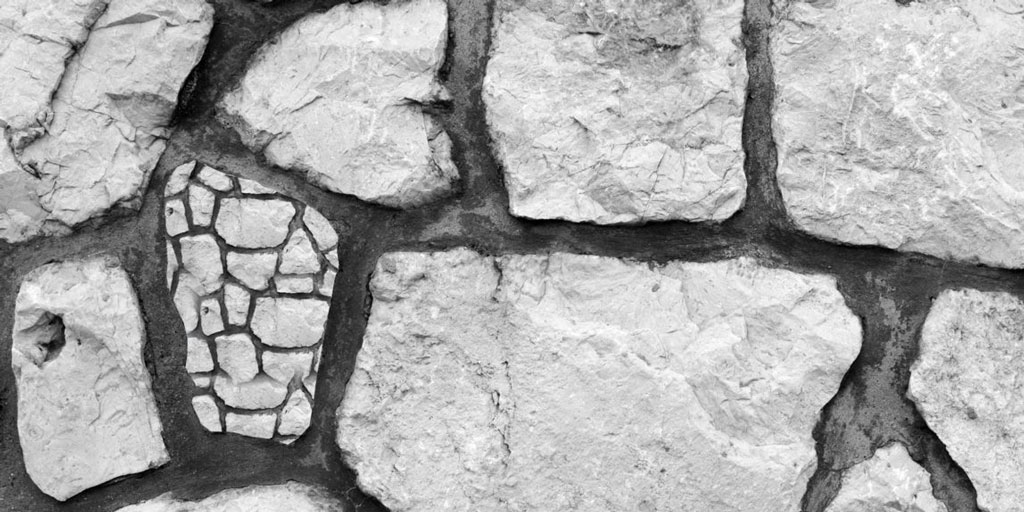My day-job consists of pouring and forming concrete slabs for various homes and businesses. Working with concrete maybe my regular job, but my interest in it extends beyond just the work itself. Whenever I get the chance, I love to travel to distant places and take photographs of fascinating concrete architecture.
Being exceptionally versatile and easily moldable, it’s no wonder that concrete is the most frequently used building material in the world. For millennia it’s been one of the most important materials in architecture. Everything from single residential homes to vast commercial buildings use concrete as a fundamental material. But enough about how great concrete is, let’s get down to the whole purpose of this article. Here are 5 of the best concrete structures to check out in 2019!
1. The Pantheon
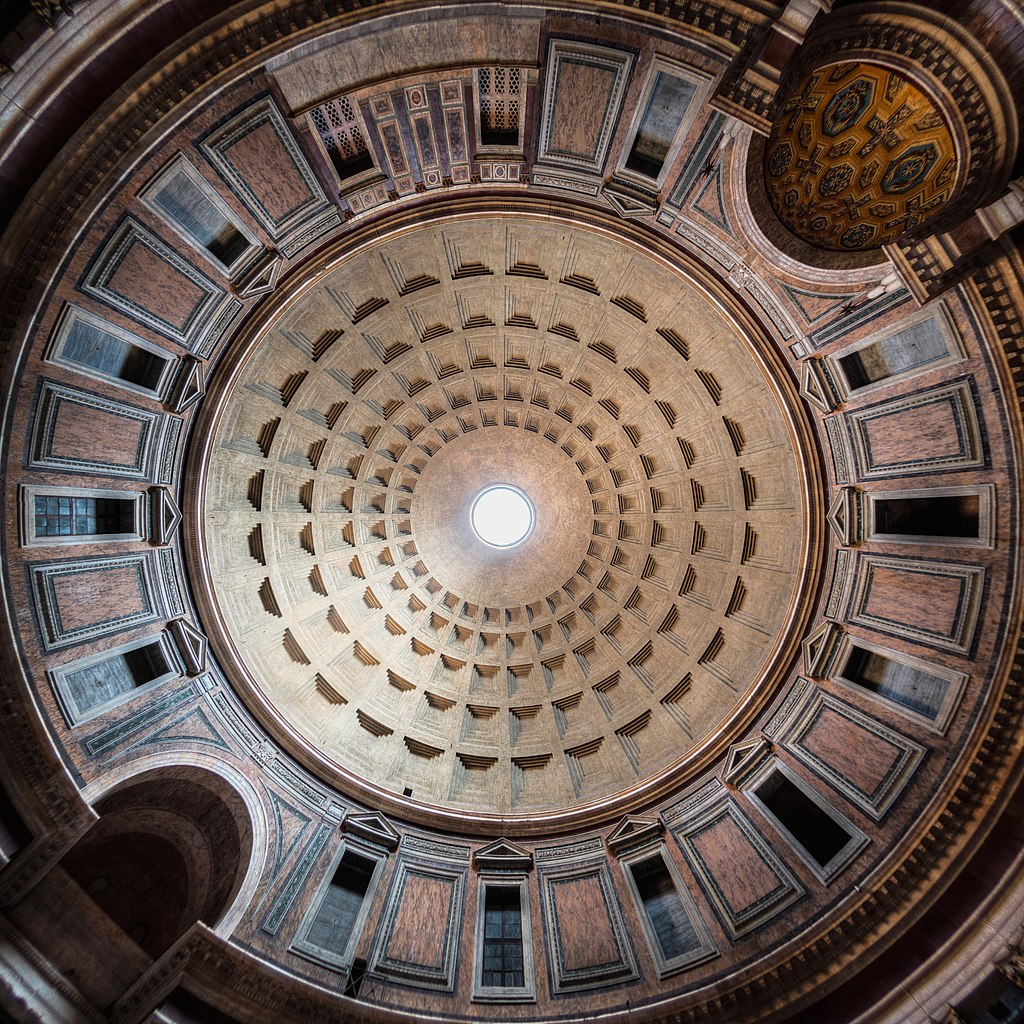
The Pantheon is a favorite among architecture buffs and tourists alike. If you love amazing concrete architecture like me, Rome is an absolutely stunning treasure-trove of intricate and extravagant design. The ancient Romans certainly had a love for aesthetics. Designed to serve as a Roman temple by Marcus Agrippa, the Pantheon is the best-preserved building of all ancient Roman buildings. Even after 2,000 years, the dome of the Pantheon is still the largest, unreinforced concrete dome in the world!
2. Science Hills Museum
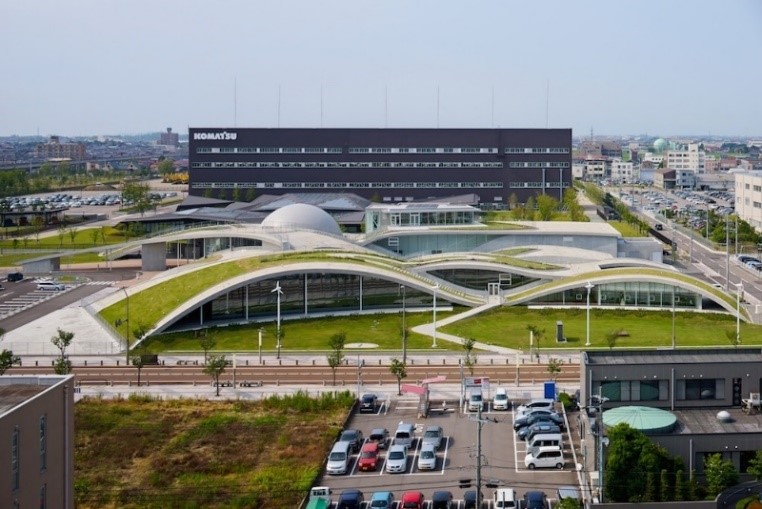
Located in Komatsu, Japan, this beautiful feat of architecture was designed by Mari Ito. The plan was to design a museum that offers a perfect combination of clever architectural engineering and practical applications. Largely constructed with reinforced concrete, the rolling buildings have parks and walkways above each one. If you’re ever in Japan, be sure to try and check it out.
3. Jubilee Church
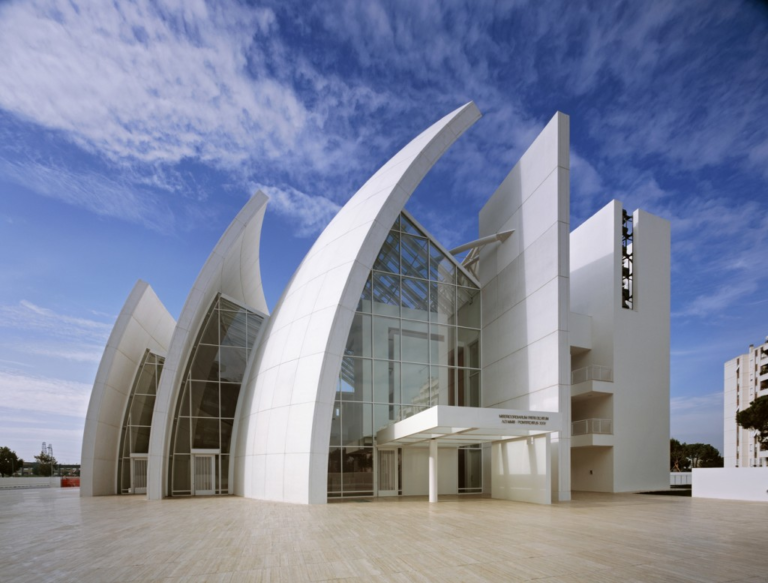
Located outside of central Rome, this church was designed by Richard Meier as part of Pope John Paul II’s initiative to reinvigorate parish involvement in Italy. The three large curved concrete shells are meant to represent the three parts of the Holy Trinity. The church was constructed using reinforced concrete, with titanium dioxide mixed into the walls to keep it a white color.
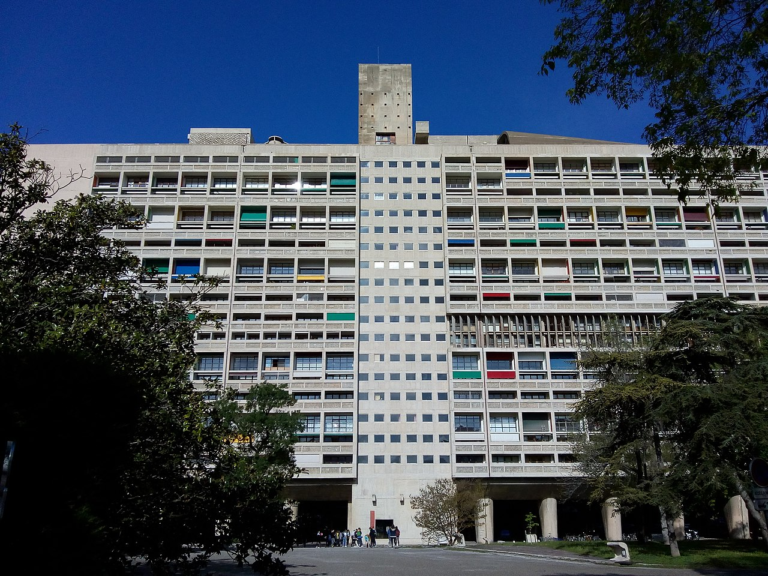
Designed by Le Corbusier, the Unité d’Habitation is a large residential housing design style. With the help of painter-architect Nadir Afonso, his interesting concrete-based productions became a major staple of modern architecture in Europe during the 20th century. A variety of these famous housing complexes are located in Marseille, France.
5. The Salk Institute

Founded by Jonas Salk and designed by Louis Kahn, the Salk Institute overlooks the Pacific Ocean in la Jolla, California. Using symmetry, geometry, and clever architectural engineer, the Institute is a remarkable example of how art and practicality can exist in harmony. The architecture of the Salk Institute was specifically designed to represent and encourage the pursuit of scientific creativity. The buildings were constructed using various combinations of concrete and teak. Even the trusses of the buildings were made with concrete!
As a Hartford concrete construction worker, this kind of concrete-based architecture really speaks to me. Not only are these structures visually stunning, they make wonderful use of various concrete mixtures and types. The fact that the dome of the Pantheon has lasted over 2,000 years with unreinforced concrete is just mind-blowing. The fact that the Salk Institute defied typical structural engineering techniques by using pure concrete trusses is mind-blowing. These examples just further the evidence that concrete is truly a timeless and versatile building material.
Appreciating Brilliant Architecture
I’ve only listed five, but the list of these fascinating and complex concrete structures is endless. Though I specifically focused on public structures such as tourist attractions and institutes, there are countless applications for concrete in residential-home design as well.
Over my lifetime, I look forward to discovering, photographing, and sharing as many of these lovely structures as possible.

